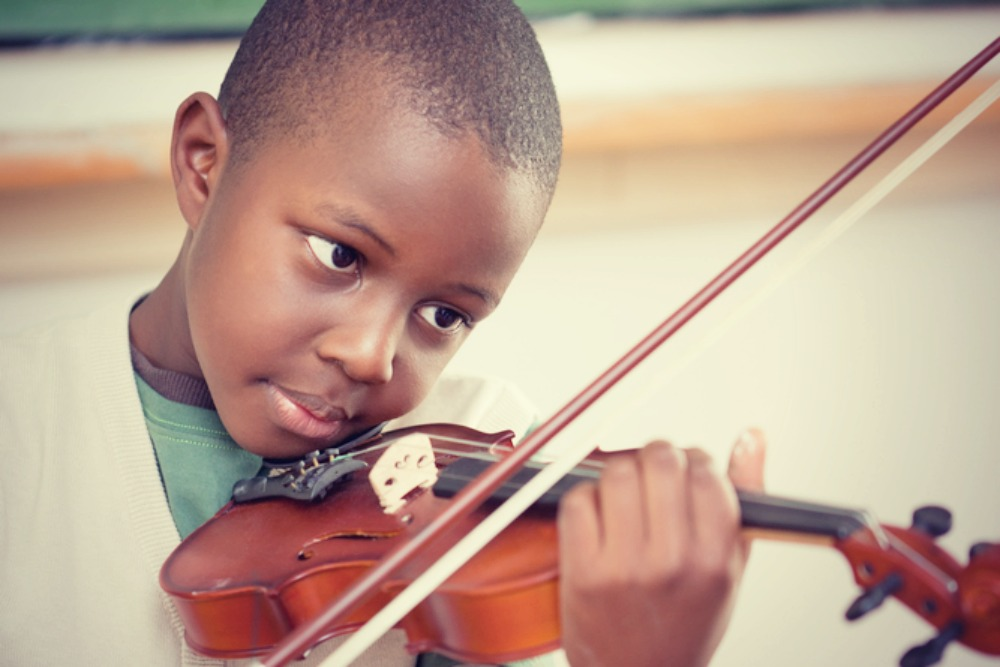This Is How Music Can Change Your Brain
There’s little doubt that learning to play a musical instrument is great for developing brains.
Science has shown that when children learn to play music, their brains begin to hear and process sounds that they couldn’t otherwise hear. This helps them develop “neurophysiological distinction” between certain sounds that can aid in literacy, which can translate into improved academic results for kids.
Research, published in the Journal of Neuroscience, showed direct evidence that music training has a biological effect on children’s developing nervous systems.
After two years, children who not only regularly attended music classes, but also actively participated in the class, showed larger improvements in how the brain processes speech and reading scores than their less-involved peers.
It turns out that playing a musical instrument is important. The so-called “Mozart effect”, where listening to certain types of music improves intelligence, has now been debunked. We don’t see these kinds of biological changes in people who are just listening to music, who are not playing an instrument. Just by watching sports you’re not going to become physically fit. It’s important to engage with the sound in order to reap the benefits and see changes in the central nervous system.
As to how to keep children interested in playing instruments, that’s up to the parents. They should follow their intuitions with respect to keeping their children engaged. Find the kind of music they love, good teachers and an instrument they’ll like. Making music should be something that children enjoy and will want to keep doing for many years!

